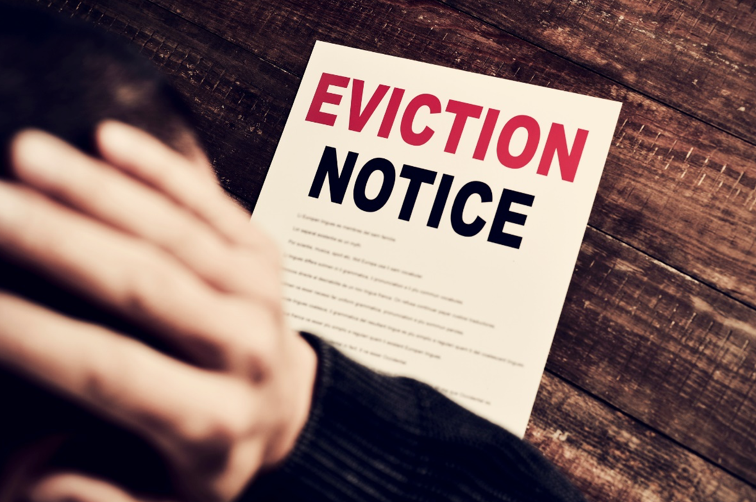CommentsGUEST WORDS-As the Coronavirus rages on with cases and deaths skyrocketing, mass evictions now threaten to make health, racial justice, and economic issues so much more challenging.
Plus, the California Judicial Council is threatening to lift its ban on issuing eviction court summons, blaming the reversal on the inaction of the Governor and State Legislature for not coming up with long-term solutions.
Every year in the U.S., 3.7 million evictions are filed. That's about seven evictions filed every minute.
Before the pandemic, the majority of renters below the poverty line were already spending half of their income, or more, on housing costs. This hits LA renters the hardest in a city that leads all others in the nation with regard to poverty. One in four of those families was spending over 70% of its income just on rent and utilities. When you're spending 70% of your income on rent and utilities, it can take only a small emergency to lead to an eviction for non-payment of rent.
It is a well-established fact that this calamity especially impacts low-income communities of color. Across the nation, one in 40 renters faces an eviction every year. For African American renters, that statistic is one in 25, almost double.
According to a report by The Center for Public Integrity, members of communities of color are most at risk of losing their homes. These communities are also the most vulnerable to a disease such as COVID-19 because of structural conditions.
An example is that people of color are more likely to be considered essential workers or work in jobs that can't be done remotely. The disparities in the quality and access to healthcare for people of color have been widely documented as well. These factors mean that the expiration of the moratorium on evictions will disproportionately affect Black and Latino communities and widen the racial wealth gap.
Over 17 million Americans are still unemployed and unable to find work, and the number of confirmed COVID-19 cases only continues to rise. Removing families from their homes amid the surge in cases will result in even more lives being lost.
Homelessness will increase which means homeless shelters will be flooded and stressed. Shelter systems are really important, but they are horrible for social distancing: you are sleeping next to people that you don't know, and you are eating next to people that you don't know. In a moment where the home is the safest place to stave off this virus, exposing people to the lack of a home is going to spread more disease and pain. An eviction also comes with a court record mark and can prove an obstacle to finding a new rental unit.
Children are not spared suffering caused by instability. Worse outcomes in education, health, and future earnings are all linked to uncertainty caused by eviction. The crippling effects of losing a home are long-lasting, even for the youngest groups affected.
The Black Lives Matter movement has achieved widespread support, with over two-thirds of U.S. adults supporting it. However, eviction perfectly highlights the systemic racism plaguing our country, and not extending eviction protections will only move our country backward.
Eviction is not the solution, especially for small, mom and pop landlords. Evictions don't guarantee a landlord rent money or a new tenant moving in, given the existence of widespread joblessness and unemployment benefits running out without being renewed, as of yet.
The best solution lies in receiving a large influx of government financial aid through rent and mortgage forgiveness to both tenants and landlords, especially small mom and pop owners. Our elected officials must be pressured to come up with the bucks. If we can bail out Wall Street, the airlines and other corporations, then the time has come to bail out renters, homeowners and small landlords.
(Larry Gross is the Executive Director of the Coalition for Economic Survival.) Prepped for CityWatch by Linda Abrams.
















